UHS modern slavery statement
Modern slavery describes anyone forced into labour, owned, or controlled by an ‘employer’, treated as a commodity (i.e. bought or sold) or physically constrained. Human trafficking describes the practice of illegally transporting someone from one area or country to another, usually for the purposes of being sold into modern slavery.
The Modern Slavery Act (2015) puts a statutory requirement onto the NHS and requires all statutory bodies to work together collaboratively to tackle modern slavery.
University Hospital Southampton NHS Foundation Trust has a zero-tolerance approach towards slavery and servitude. We will ensure that we are not complicit with modern slavery as an employer, either directly or via our supply chains.
Furthermore, we recognise that collaborative partnerships and sound multi-agency working arrangements are fundamental to help ensure that victims are identified, protected, and safeguarded.
Our modern slavery policy will apply to all staff and volunteers working in the Trust and recognise our responsibility to be compliant with the Modern Slavery Act (2015).
Our people
Modern slavery is a category of abuse as defined within the Care Act (2014). As such, any concerns relating to modern slavery require a safeguarding process to be followed. The safety, protection and support of the potential victim must always be prioritised.
A potential victim of modern slavery may not access healthcare again in the same service, making it crucial that we attempt to address any emergency and urgent health needs at this time.
All our staff have a responsibility to be alert to the potential indicators of modern slavery (as outlined in our modern slavery policy) and know how to act on those concerns in line with local and national guidance. To support this, staff who have direct, face to face patient contact will be roleprofiled to attend Level 2 safeguarding adults training, which incorporates information relating to modern slavery. Additional support and advice for staff is available from the safeguarding team as required.
Additionally, the UHS safeguarding adults’ team have face-to-face contact with patients, and where possible can offer direct support to patients where there are indicators that they are victims of modern slavery.
Our staff use practical, trauma-informed methods of working which are based upon the central principles of dignity, compassion, and respect.
Recruitment
We recognise recruitment as a key area where workers are most at risk of exploitation, especially where third party labour recruiters are involved. This makes it essential that staff pay particular attention to sound and safe recruitment processes. We promote good practice including:
- Only working with formal labour providers who are legitimate, registered business entities
- Having clear service level agreements in place with labour providers
- Conducting checks on the labour providers’ recruitment processes, including agency worker documents (such as right to work documents, payslips, contracts)
- Having regular conversations with agency workers to ensure they have opportunity to raise any concerns.
Suppliers
We expect and require all our suppliers to comply with all local, national and international laws and regulations, and to have their own processes and policies regarding modern slavery and human trafficking that comply with our values.
You can read modern slavery statements from our two principal contractors Serco and Mitie on their respective websites: https://www.serco.com/esg/modern-slavery and https://www.mitie.com/legal/modern-slavery-act/.
The Trust’s procurement is managed by Wessex NHS Procurement Limited (WPL), which is a 50/50 joint venture with Hampshire Hospitals NHS Foundation Trust. WPL takes appropriate care around modern slavery when procuring goods and services on behalf of UHS.
WPL utilises either NHS Supply Chain nationally contracted agreements, public sector procurement frameworks, or in the case of a local agreement, NHS Terms and Conditions, underpinned by a purchase order confirming the requirements. All these procurement routes provide a robust process to identify, prevent and mitigate modern slavery risk. WPL itself does not perform due diligence on the suppliers with whom we contract via these procurement mechanisms as we rely on the assurances and underlying processes of the suppliers. The overwhelming majority of vendors are accredited, well established and reputable companies domiciled in countries requiring them to have strict policies on modern slavery and therefore we believe the risk is very low.
Items sourced from countries with less well established or documented processes are almost exclusively procured through NHS Supply Chain, which has a robust vendor vetting process and ongoing inspections. NHS Supply Chain is owned and operated via SCCL Ltd, a wholly owned subsidiary of NHS England.
This statement will be reviewed on an annual basis.
This statement is made pursuant to section 54(1) of the Modern Slavery Act 2015 and constitutes University Hospital Southampton NHS Foundation Trust’s slavery and human trafficking statement for the financial year ending 31 March 2024.
David French
Chief Executive Officer


